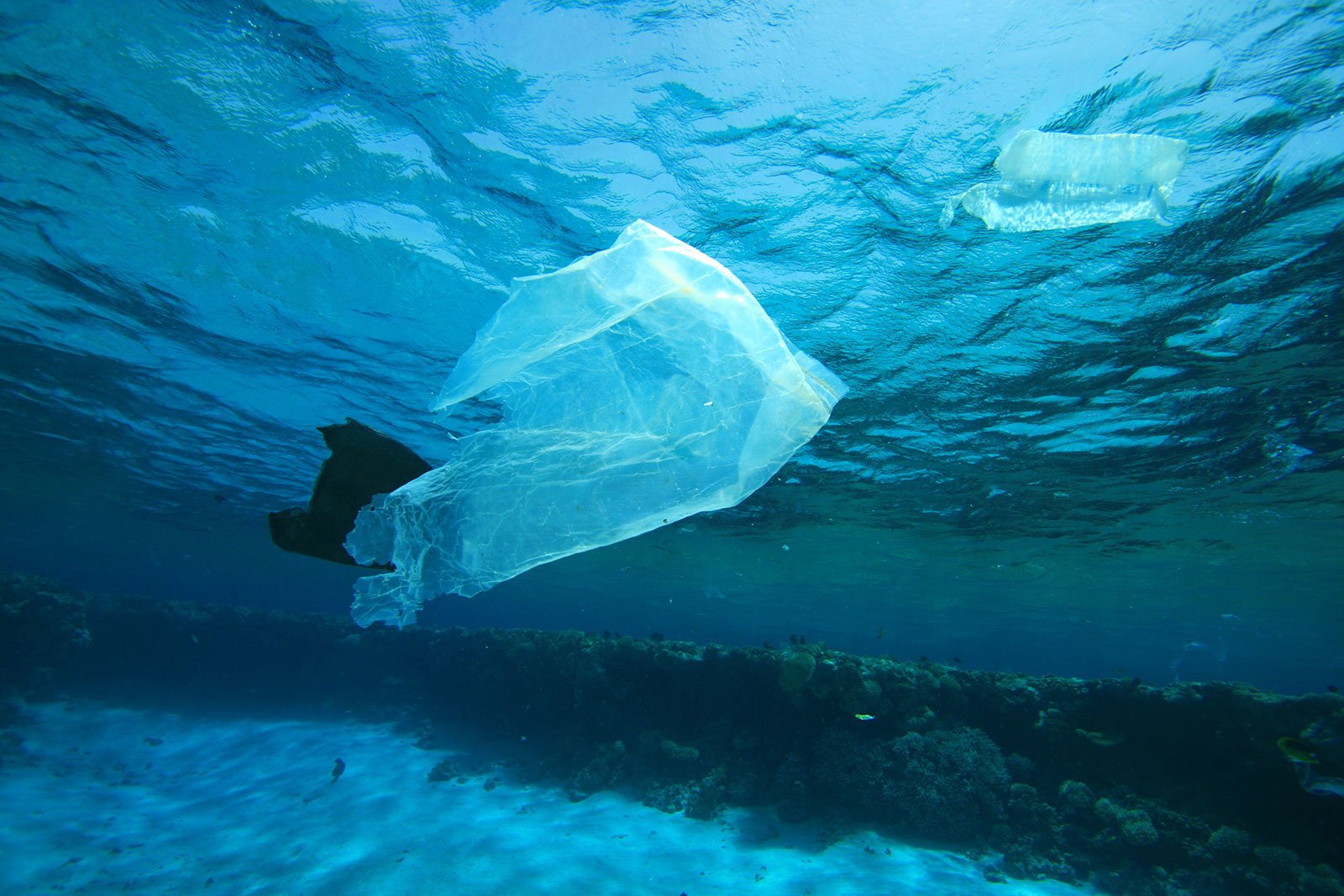Journal:

Journal:
The working group met in October 2018 at IMO to discuss the reduction of plastic in the world’s oceans.
The International Maritime Organisation has recognised the importance of limiting the plastic discharge at sea which is also a key topic for the yachting industry as a whole. The discussion focuses around the following areas:
States were encouraged to ratify the 2012 Cape Town agreement which required all fishing gear to have a unique identification code on it. Although this will probably improve enforcement, it does pose further problems as it is difficult to apply to a non-SOLAS ship which a fishing vessel is classed. It also makes it more likely that the fishing vessel will try to retrieve the gear which not only presents safety problems but can also present environmental issues such as damage to reefs should the gear have drifted.
A study has begun to look at microplastics which are typically found in cosmetics such as shower gels from ships which are commonly discharged through grey water.
The Group considered the proposal to establish a cost recovery system for port reception facilities based on the “Polluter pays” principle (MEPC 73/8/3, paragraph 24.3). The Group discussed the use of indirect waste fees to remove disincentives for the use of reception facilities, and considered that the measures included in the action plan should reflect that any cost framework recommended should not create disincentives for the use of these facilities. The availability of recycling facilities in yacht ports is an issue that the MYBA Yacht Management Committee have recently been heavily involved in.
To see more information on our technical services please click here.
